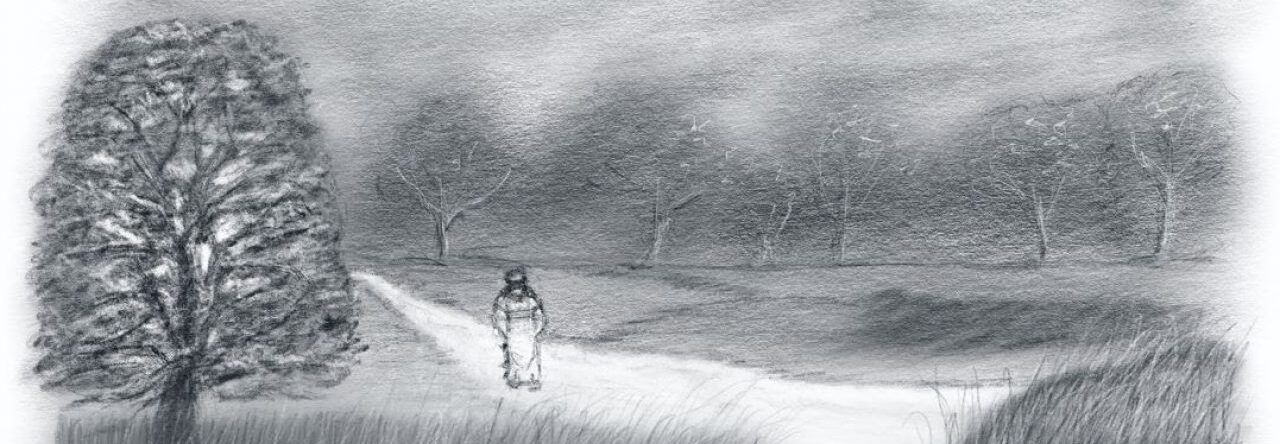
Gaining Knowledge
How does a good Catholic gain knowledge? What, in that case, is knowledge. There is a lot of data. Is having lots of data the same as having lots of knowledge? Am I going to answer any of these questions?
Let’s play with koans. Koans are a Zen Buddhist thing. No, I am not Thomas Merton blending and confusing mysticisms. Koans are a tool used by Zen monks to test their apprentices. They are designed to challenge the status quo, to instill a doubt, to possibly confuse. We don’t like confusion. Our natural inclination is to seek a resolution,and sometimes this creates the environment for a breakthrough.
Probably the one everyone has heard is, “What is the sound of one hand clapping?”
Not all koans are questions. One koan goes something like this: “If you meet the Buddha on the road, kill him.”
I seem to gravitate to the statement version. I made some up. You should try it, it’s fun!
You can lead a horse to water, but you can’t make him think.
Give a man a fish, and you feed him for a day. Teach him to think and he will always be hungry. (At least, I think I made that up. When I google searched it, it came back with me.)
Give a man a book of zen koans with answers if you hate him.
Data is data, not knowledge. If you just give someone the answers, you specifically teach them not to think. But we have rational souls, and the best teachers teach you to think. And why should we think? To know truth.
The value of a zen koan consists in the relationship between the master and the student. It’s not a test, per se. It is a challenge to one’s mind. The right challenge at the right time is the genius of the master. One may never be asked if they can describe the sound of one hand clapping because the master may not find that particular koan useful for this particular student. That a book exists with the “answers” is both funny and sad.
In some traditions, a student is given one thought to ponder for the rest of his life. It makes sense, if everything is in fact interrelated. So, what does he do for the rest of his life if he finds the answer one day in the stacks at a library?
I will wager that some of the best and most productive koans have been lost to history because they were developed on the spot by the master for a specific student, and then were set aside.
And probably many glimpses of truth simply go unrecognized or are just ignored.
Here is a koan: “I am to be crucified. Follow me.”
*All posts are the thoughts and expressions of the original author. Please do not cite, copy, or share without their express permission. The views expressed in this post are the author’s alone.*

Mark Connolly
Reblogged this on The Global Exclaimer.